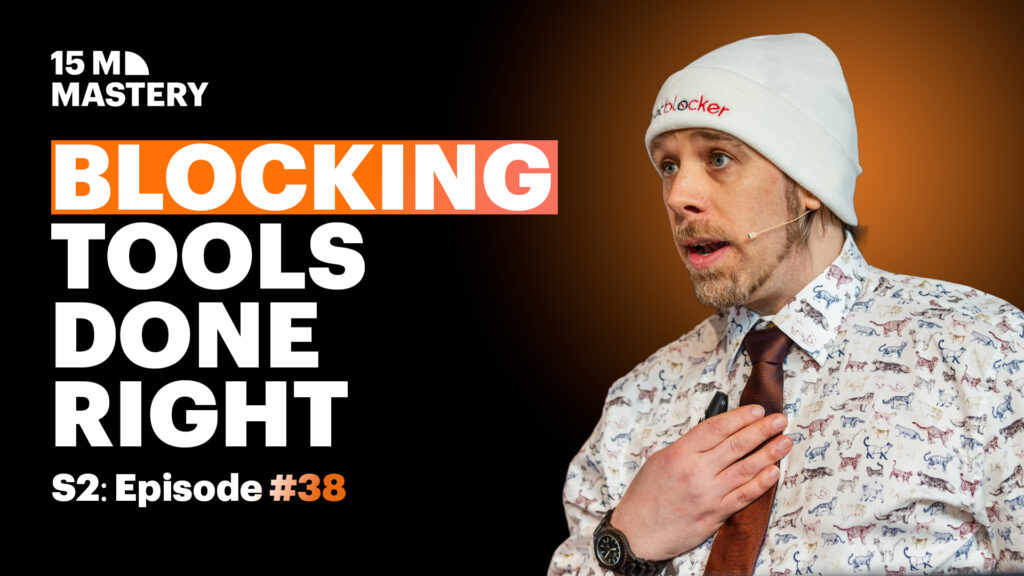In the dynamic world of marketing, sports remain a powerful platform for creating deep emotional connections with audiences. Vivek Sethia, a seasoned sports marketing expert and founder of India On Track, shares his insights on leveraging sports to build enduring brands. Through compelling examples and actionable strategies, Sethia illustrates how businesses can harness the unique appeal of sports marketing to foster brand loyalty and visibility.
Examples of Successful Sports Marketing Campaigns
Sports marketing has proven its worth through numerous success stories. Companies like Nike and Coca-Cola have leveraged major sporting events to create memorable campaigns that resonate globally.
“Sports marketing goes beyond selling products; it’s about storytelling and creating a shared identity with fans,” explains Sethia.
For instance, Nike’s “Just Do It” campaigns often feature athletes who embody perseverance and excellence, aligning their brand with universal values. Similarly, Coca-Cola’s partnerships with the FIFA World Cup have showcased how integrating local cultures can make global events more relatable.
By associating themselves with the passion of sports, these companies have managed to stay top of mind with their consumers. Sethia emphasises the importance of authenticity in these campaigns: “Audiences can easily detect when a brand’s association with sports feels forced or insincere.”
How Brands Can Build Through Sports Marketing
One of the greatest advantages of sports marketing is its ability to tap into existing communities of passionate fans. Sethia underscores the importance of aligning brand values with the ethos of the sport or team being supported.
“Start by understanding your audience and the sports they care about,” he advises. Brands that succeed in this space do so by focusing on shared values. For example, environmentally conscious brands might partner with teams or leagues promoting sustainability initiatives.
Why Brands Invest in Sports Marketing
At its core, sports marketing is about building trust and emotional connections. Brands invest in this form of marketing because it:
- Reaches a broad audience: Sporting events attract millions of viewers, offering unparalleled visibility.
- Enhances credibility: Associating with well-regarded teams or athletes can lend authenticity to a brand.
- Creates memorable experiences: Events and sponsorships provide opportunities for direct engagement with fans.
Sethia explains, “The emotional highs and lows of sports create a fertile ground for building strong brand associations.”
Getting Started in Sports Marketing
For companies looking to enter the field, Sethia offers a roadmap:
- Research and Understand the Landscape: Analyse which sports resonate with your target audience.
- Set Clear Objectives: Define what you hope to achieve—be it brand awareness, lead generation, or customer loyalty.
- Start Small: Begin with local events or smaller sponsorships to gauge impact before scaling.
- Measure Outcomes: Use metrics such as brand recall, engagement rates, and sales data to evaluate success.
“Sports marketing doesn’t always require a massive budget. Even smaller brands can find unique ways to stand out,” he notes.
Final Thoughts: The Emotional Power of Sports
Sports marketing thrives on the emotions it evokes. When done right, it has the potential to transform a brand from a mere product provider to an integral part of a consumer’s identity. As Vivek Sethia puts it, “The true power of sports marketing lies in its ability to create lasting memories and meaningful connections.”
By understanding their audience and aligning their values with the spirit of the game, brands can unlock unparalleled opportunities for growth and loyalty.



.svg)


